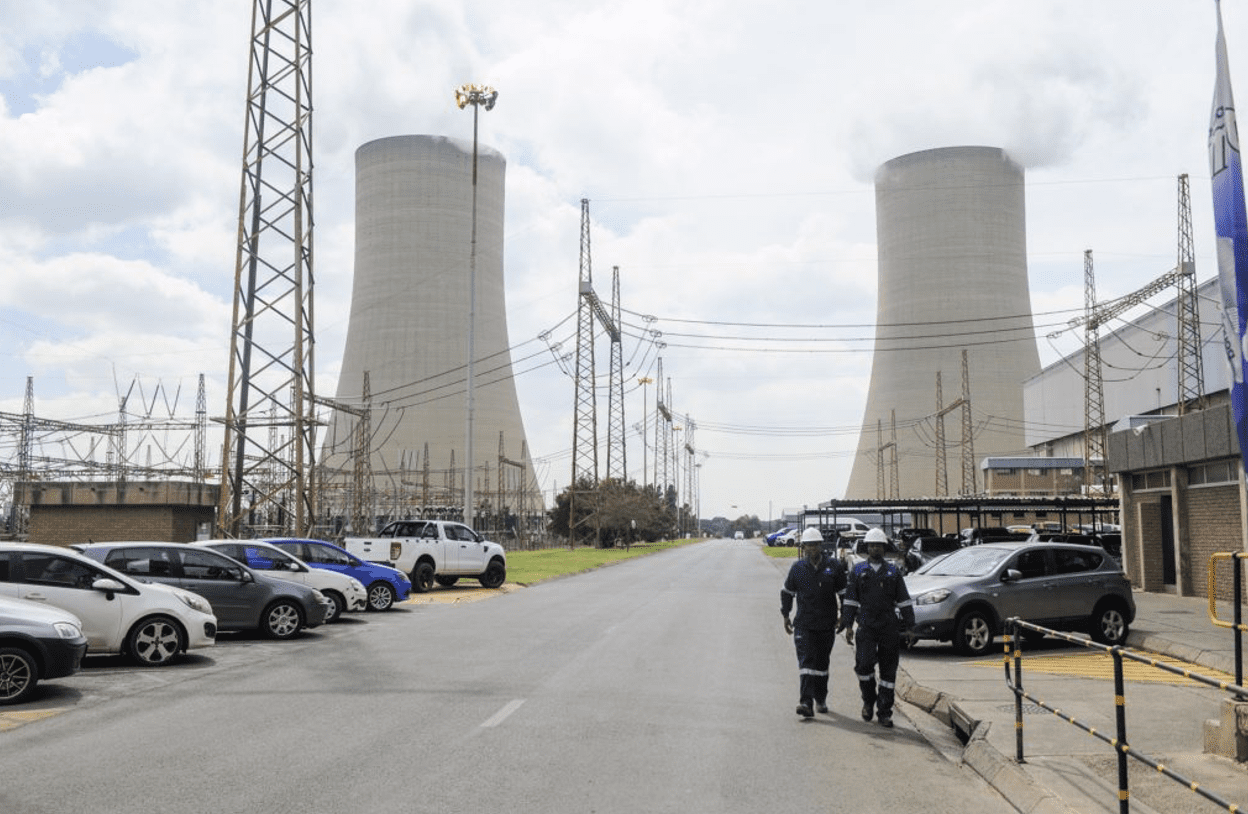Global Courant 2023-04-14 13:30:00
South African utility company Eskom is facing demands from the largest union, the National Union of Mineworkers, for a 15% wage increase. This comes at a time when the company is struggling to generate enough electricity, resulting in widespread power outages. In addition to wage increases, the union is calling for an increase in rent allowance and other allowances. Solidarity, another union at the company, has also asked for a 3% wage increase above the average rate of inflation.
Salary negotiations at Eskom are taking place at a difficult time for the company and South Africa as a whole. President Cyril Ramaphosa has taken steps to alleviate power shortages, including expanding the renewable energy program, declaring a national emergency (which has since been withdrawn) and appointing a minister of electricity. However, the ongoing blackout has worsened in recent days, complicating negotiations.
After violent protests and increasing power shortages that contributed to an all-time record, workers agreed to a one-year contract with Eskom in 2022. Eskom employees are legally prohibited from striking because the supply of electricity is considered an essential service.
The average inflation rate in South Africa was 6.9% last year and the central bank expects it to fall to 6% in 2023. Eskom’s financial situation has been dire for some time and the company has depended on government bailouts to stay afloat. Union demands for higher wages could exacerbate the company’s financial problems.
Finally, Eskom faces union demands for higher wages at a time when the company is struggling to generate enough electricity to meet the country’s needs. The talks come against a backdrop of continued power outages and financial difficulties for the utility. The outcome of the negotiations will have far-reaching consequences for both Eskom and the South African economy as a whole.
Main image: Moneyweb




